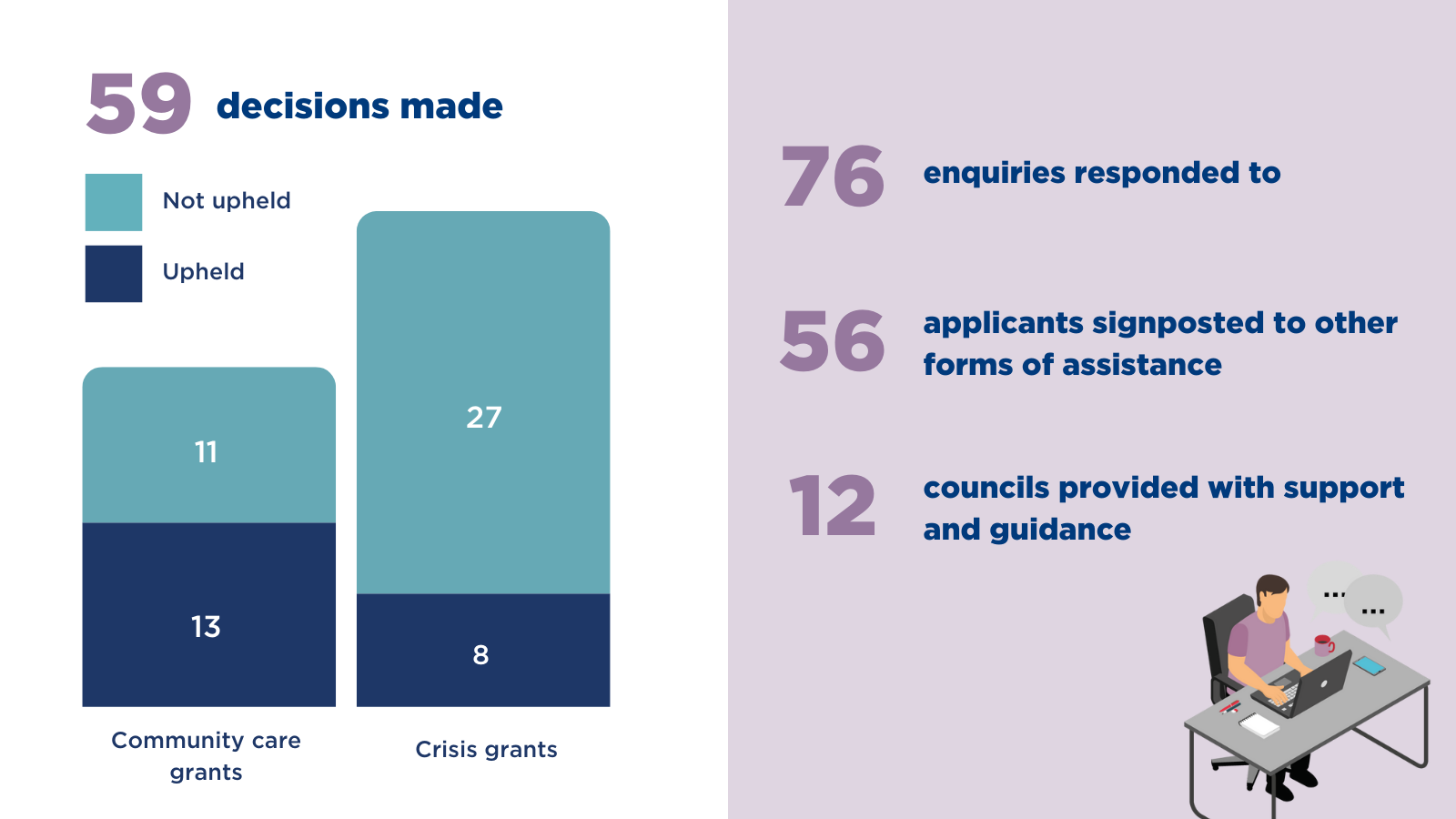The Social Welfare Board in Filipstad municipality is criticised (...)
Date of article: 24/11/2024
Daily News of: 25/11/2024
Country:  Sweden
Sweden
Author:
The Social Welfare Board in Filipstad municipality is criticised for not implementing another municipality’s decision concerning home help etc. for a person who intended to temporarily stay in his holiday home in Filipstad municipality
Date of decision: 2024-10-24
Decision case number: 4879-2023
Decision maker: Ombudsman
Summary of the decision:In summer 2023, an individual was granted, among other things, home help in his holiday home. The municipality where he was permanently resident, which had taken the decision, requested the Social Welfare Board in Filipstad municipality to implement it. The Social Welfare Board decided, however, that was not possible, partly because it was difficult to recruit enough staff. The individual was instead offered to live in sheltered housing with assistance at home.
The Parliamentary Ombudsman states that, according to law, the municipality of temporary residence is obliged to implement the decision taken by the municipality of permanent residence, and it is not for the municipality of temporary residence to make its own assessment of whether it is reasonable or not. Neither is it the intention that a decision that will enable the individual to stay in their holiday home should be implemented by allowing him to stay in other staffed accommodation in the municipality where his holiday home is located. The Parliamentary Ombudsman criticises the board for not implementing the decision.
The Social Welfare Board also drew up a written agreement with the individual which meant that the interventions decided on would only be carried out for part of the period in question. In the view of the Parliamentary Ombudsman, the board’s intention seems to have been to amend and limit the period of validity of the decision. The Parliamentary Ombudsman states that the municipality of temporary residence must implement the decision of the municipality of permanent residence and is not entitled to change an authorised intervention. If the duration of the interventions needed to be changed, that would have been a matter for the municipality of permanent residence. The Parliamentary Ombudsman is also critical of the agreement.





